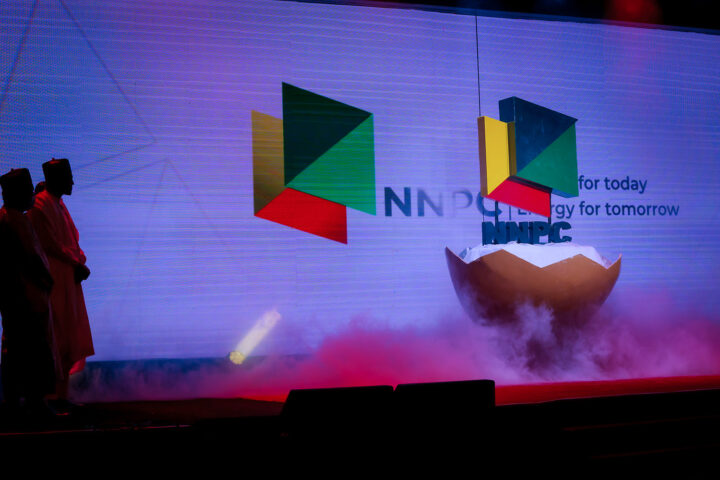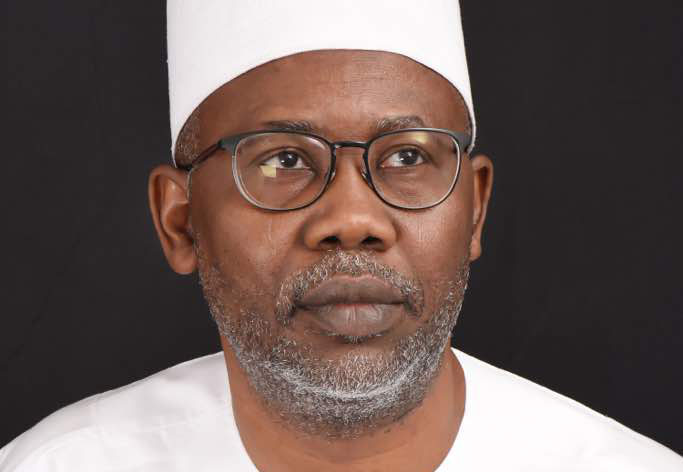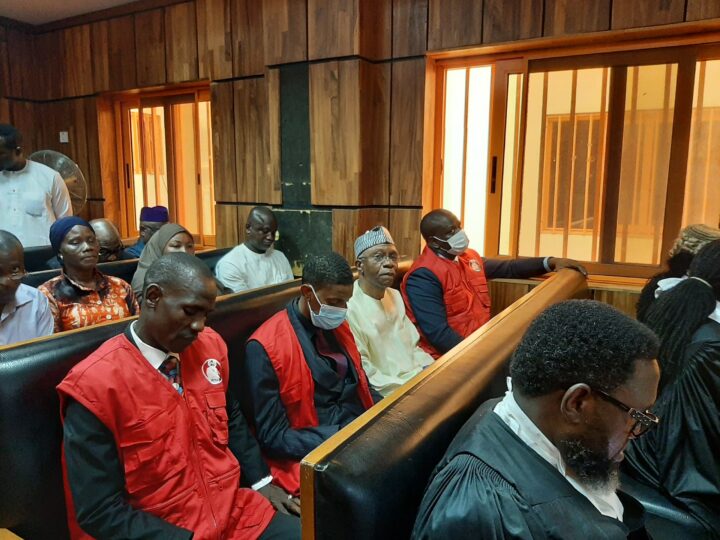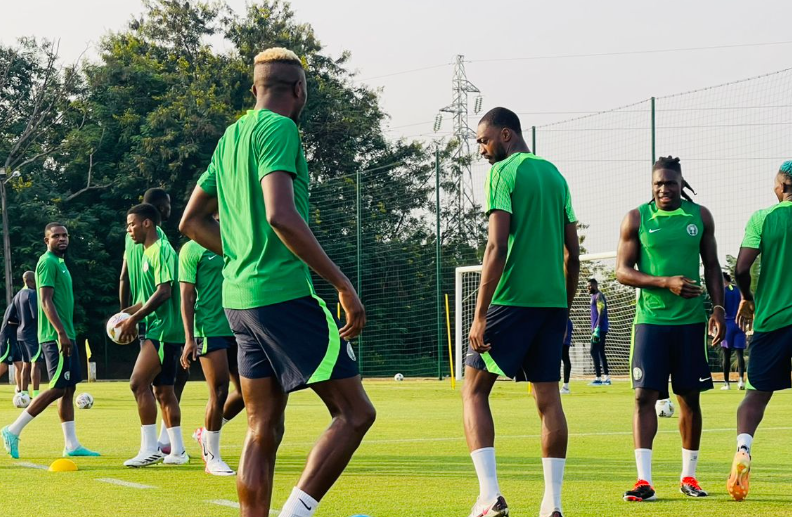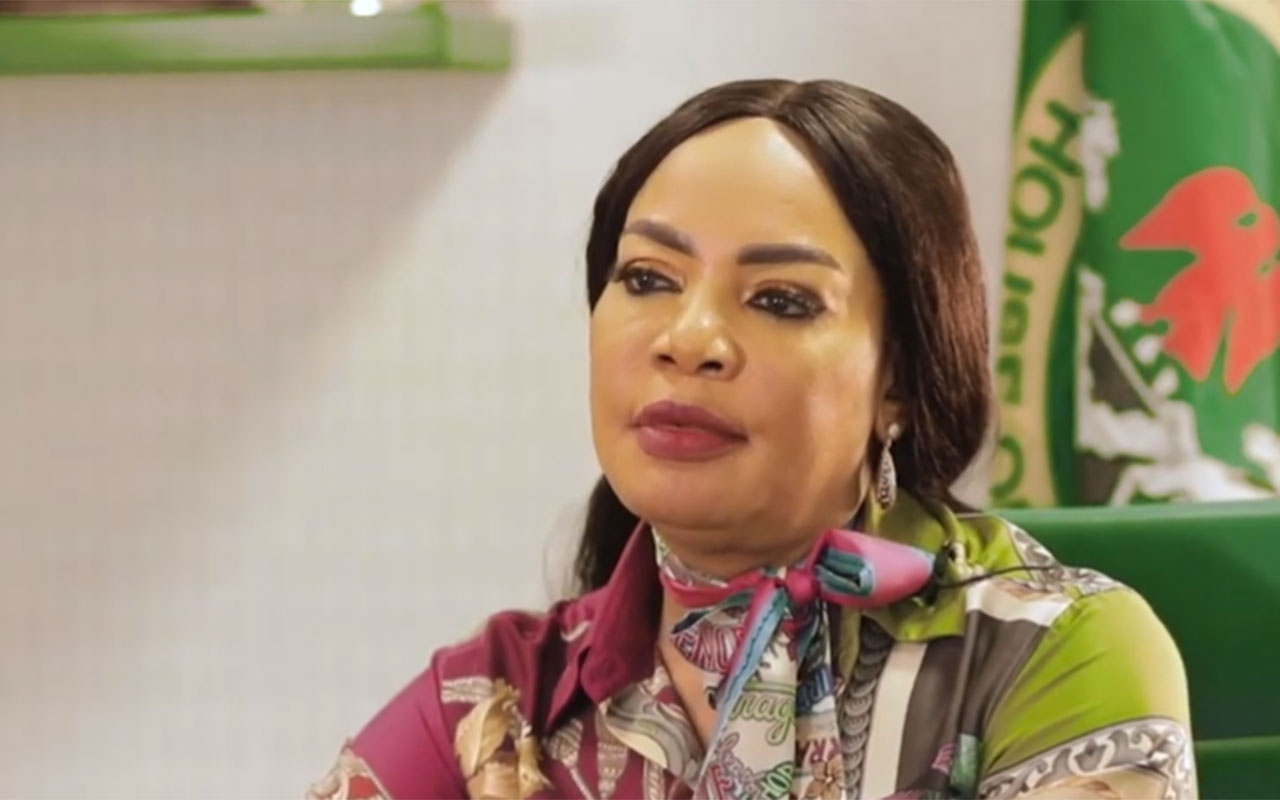Nigeria’s struggling economy has engendered a deep interest in the operations of the nation’s oil firm — the Nigerian National Petroleum Company (NNPC) Limited — with stakeholders calling for transparency amid shrinking foreign exchange (FX) reserves.
At the moment, NNPC is the country’s major FX earner as West Africa’s biggest economy strains to diversify its revenue-making sources.
Although a legitimate demand for information on the activities of the company, this was not much of a problem nearly 10 years ago when Ibe Kachikwu was the group managing director of the NNPC compared to now.
THE GOOD OLD DAYS
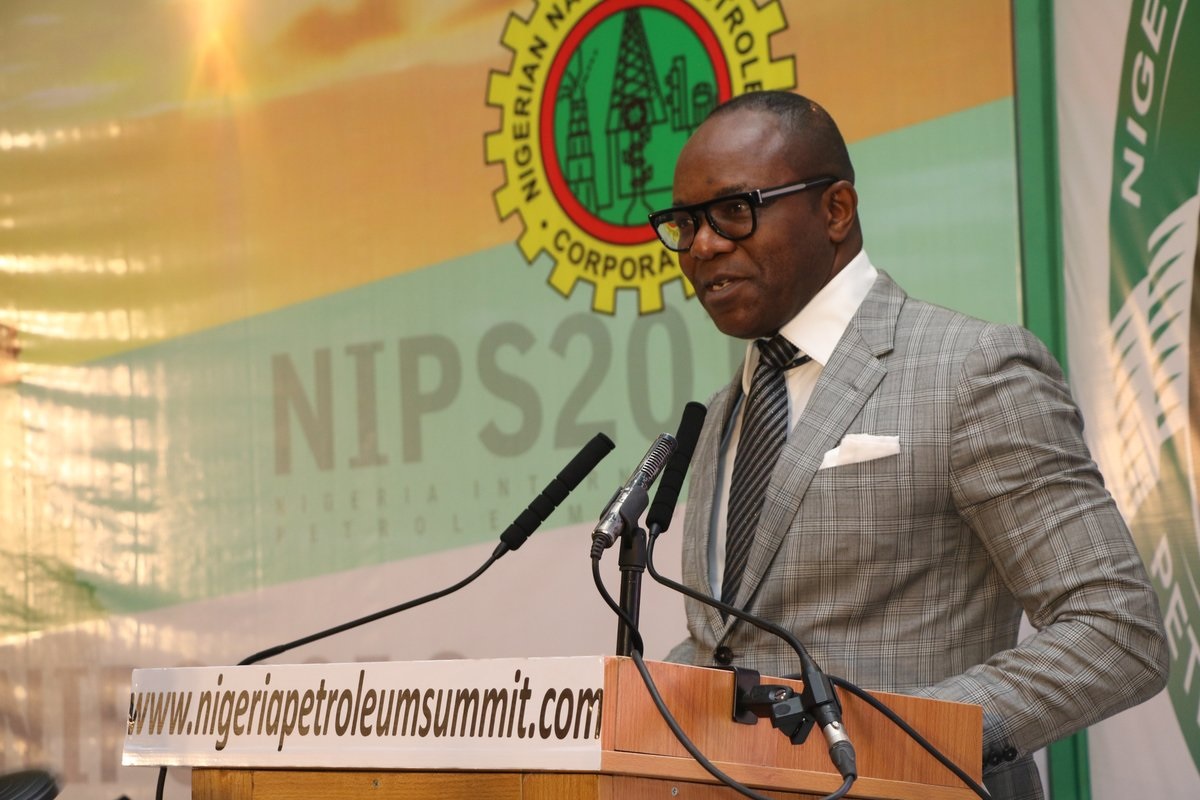
During Kachikwu’s time (between 2015 and 2016), the company produced and published data on the monthly drilling performance of the firm.
Advertisement
Within 10 months under Kachikwu on July 8, 2016, the NNPC reported a profit of N273.74 million for May 2016. This was the first time in 15 years (at the time) that the company would earn that much in a month.
The tradition was sustained under Maikanti Baru who took over from Kachikwu on July 4, 2016, as the national oil company’s group managing director.
The release of the details of its 2018 and 2019 financial statements was received with widespread praise and accorded much importance given the role of NNPC to Nigeria’s financial stability.
Advertisement
FINANCIAL DISCLOSURE TIMELINE
Based on available records, NNPC has only published details of its financial statements four times. The company posted a loss of N803 billion in 2018, with a deficit extending further down to N1.7 billion in 2019.
In 2020, the national oil company made a profit of N287 billion, with Buhari describing it as “first-ever” gain of the organisation.
The company, for the year ended 2021, declared a profit-after-tax (PAT) of N674 billion.
Without releasing details of its audited financial statements for 2022, in a one-page document seen by TheCable on January 10, 2024, the oil firm said it made a N2.5 trillion profit in the year.
Advertisement
However, stakeholders are still wondering when the 2022 audited financial statements will be released.
A full year has gone by since the company last disclosed its audited reports, raising questions about the company’s compliance with international transparency best practices.
There has been an increasing demand from the organisation to disclose its audited financial statement as required by the law as the NNPC has constantly been accused of opacity, particularly under the leadership of Mele Kyari who took over from Baru in 2019 and became the first GMD to release the company’s audited financial statement in the following year.
NNPC UNDER KYARI
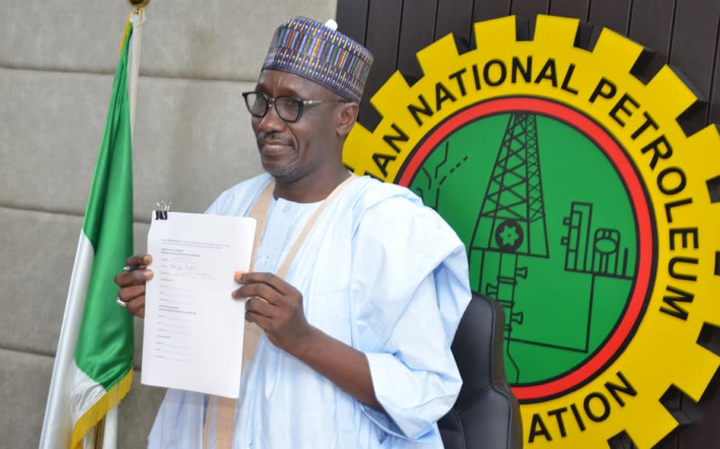
Without a doubt, Nigeria’s oil firm has come a long way with notable milestones documented in its journey to efficiency. Under the leadership of Kyari, NNPC’s hydrocarbon exploration activities in Nigeria’s inland basins have seen a boost with the discovery of the first oil well in Nasarawa.
Advertisement
In March 2023, ex-President Muhammadu Buhari flagged off the spud-in of the Ebenyi-A exploration well located in the Obi local government area, Nasarawa.
On May 23, 2023, the NNPC also resumed an oil drilling campaign at the Wadi-B well located in Jere LGA of Borno state in efforts to achieve energy security.
Advertisement
Before this, Buhari had, in November 2022, flagged off the Kolmani Integrated Development Project (KIPRO) situated on the boundary between Bauchi and Gombe states.
In August 2022, the NNPC renewed oil production sharing contracts with its partners for OML 125, 128, 130,132, 133, and 138 — after nearly three decades.
Advertisement
THE BIRTH OF THE PIA WITH A PROMISE OF TRANSPARENCY
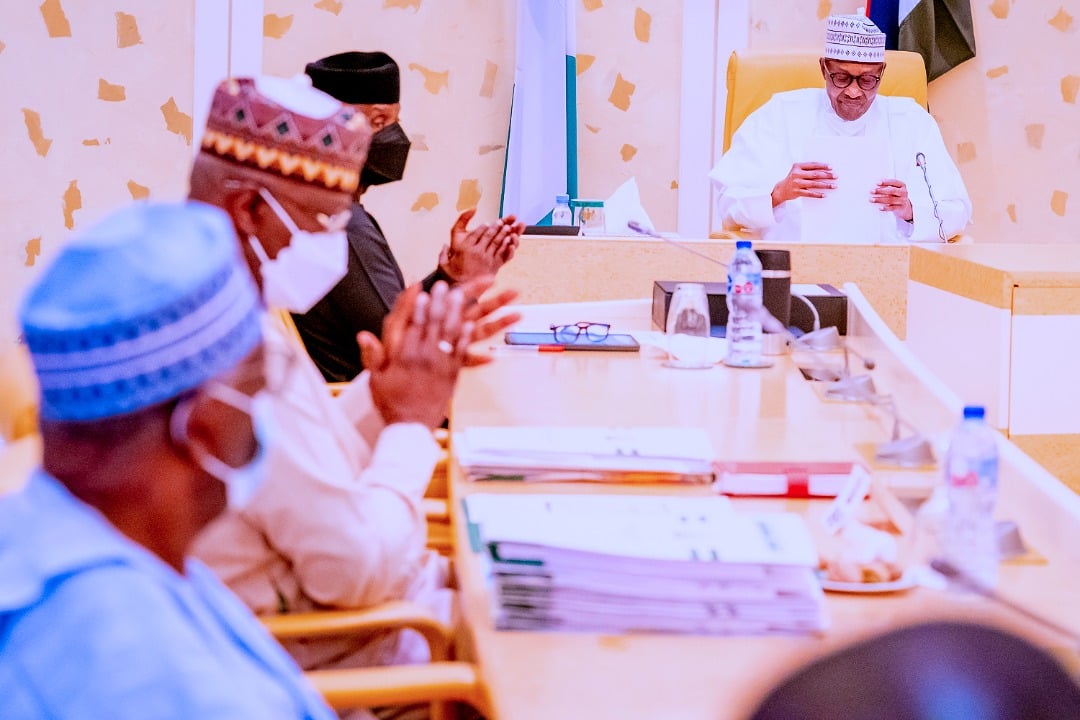
Signed by Buhari in 2021, the Petroleum Industry Act (PIA) would be the most important achievement of the oil firm under the stewardship of Kyari. Although the document is argued to be imperfect in some areas, it led to NNPC’s official transformation from a state-run oil corporation to a commercial venture in July 2022.
The transition exerts more pressure on the national oil company to make particular disclosures — including its financial results — to the public.
Advertisement
“The provision of PIA 2021 has given the Nigerian petroleum industry a new impetus with the improved fiscal framework, transparent governance, enhanced regulation and the creation of a commercially-driven and independent national oil company that will operate without relying on government funding and free from institutional regulations such as the treasury single account (TSA), public requirement and fiscal responsibility act (FRA),” Buhari had said at the unveiling of NNPC Limited.
Before this period, Kyari had taken NNPC to the global Extractive Industries Transparency Initiative (EITI) as a partner company, emphasising that joining the body would heighten the demand for transparency.
“…it now becomes more demanding to be more transparent. NNPC is a partner company for the global EITI initiative, like many other private companies that voluntarily chose to become partner company to the EITI,” Kyari had said.
“The meaning of this is that you’re going to make certain disclosures to your shareholders and to the world community that companies ordinarily are not required to do, and we will keep to that because we’re not going to withdraw as a partner company to the EITI.”
However, since becoming a commercial venture in 2022, and joining EITI, the NNPC has fallen short of the global standard, despite the GCEO’s position and an EITI rule requiring state-owned enterprises (SOEs) to make their audited financial statements, or key financial items, publicly available.
When TheCable made inquiries about the company’s latest financial position, Femi Soneye, NNPC’s spokesperson, said: “We will issue a statement about our financial performances soon.”
GLOBAL AGENCIES CONCERNED ABOUT LACK OF TRANSPARENCY IN NNPC
If NNPC was ready to turn from its old ways, the mainstreaming of the PIA was the opportunity. It could even be argued that the oil firm is in flagrant disregard for a landmark law guiding an industry it should be leading by example.
While experts have expressed concern about the firm’s opaqueness, EITI is also concerned about the disclosure of production, export and greenhouse gas emissions data.
The NNPC has not been consistent with such disclosures recently, but this has not always been the case.
Although unaudited, the monthly operational and financial reports published under Kachikwu offered insightful information about the firm’s activities.
Specifically, they contained information on NNPC’s financial performance by equity, oil and condensate output, gas production, and oil revenue to the Federation Account Allocation Committee (FAAC), among others.
However, the publications came to a halt in August 2021.
A search on the NNPC’s current website shows separate reports including gas production and utilisation, oil lifting profile, and direct sales direct purchase (DSDP) products received, which were last updated for February 2023.
More so, the reports were not consistently released. For instance, crude oil production data appear only three times in July, August, and September 2022, on the website.
These lapses question the company’s commitment to transparency and public disclosure, drawing the attention of EITI.
The international institution, on November 30, 2023, had warned that Nigeria may be suspended if it fails to meet requirements for validation commencing January 1, 2026.
“Failure to demonstrate progress on stakeholder engagement, transparency or outcomes and impact in the next validation may result in temporary suspension in accordance with Article 6 of the EITI standard,” the institution said.
It is believed that in the coming months, the NNPC will improve its strategy to ensure sustained global relevance. In the meantime, observers will continue to monitor the steps taken to ensure the public is adequately informed about the happenings in the organisation.
Add a comment
